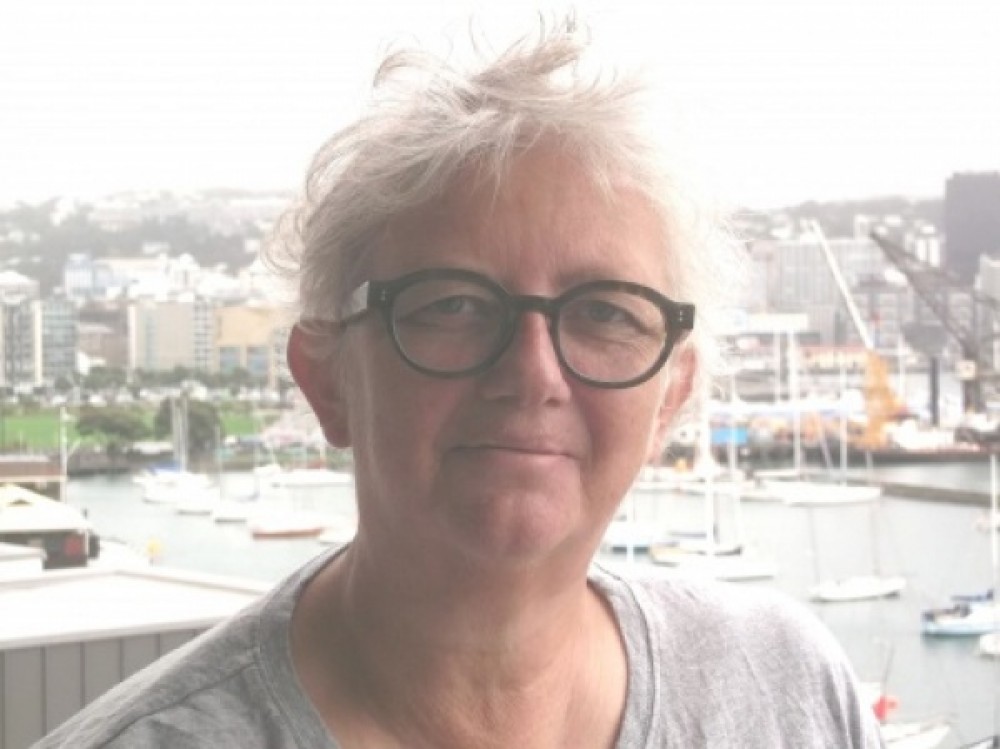Kay, the Research Director for the Centre for Research, Evaluation and Social Assessment (CRESA), sees our extended lifespan as a period of opportunity.
“We’ve got 25 more years which is exciting, yet I think often we see that longevity as a problem.”
She foresees a risk with over-planning where we're going to live, rather than how we're going to live in our later years. The mind-set that says ‘goodness me I’d better get myself into a retirement village because if I don’t I won’t get into a rest home eventually,’ is a negative one.
Don’t close off options
It’s not that we don’t eventually have to make choices, and moving to a retirement village early may be the right decision for some, but, warns Kay, don’t make yourself old before you need to; don’t take those choices too early. And when you do make decisions, make sure you don’t close off future options. It’s a question of balance.

“I would suggest that people always go down pathways that allow them make choices at the end of that particular road rather than go down a cul de sac. Is there another more creative choice? That’s one of the critical things I think people need to think about. How much am I closing down my choices by making this decision, as opposed to retaining them or possibly even opening them up?”
Plan for a vibrant life
What you can do is plan to have a vibrant life instead of a fearful one, Kay says.
“The reality is that we can’t always plan for the unexpected, but we do know that most people can live out their longer lives in very good nick. They may develop a series of physical conditions, but conditions that can be managed and adapted to.
“To reduce your life before you need to is really counter-productive in terms of people’s mental wellbeing. It raises anxiety where anxiety doesn’t need to be raised. Why worry twice about something? Why do you want to live next door to a hospital if you’re only going to ever use it once in a blue moon?
“What we’re really looking for is how do you keep contact with friends? How do you get new friends? How do you live in neighbourhoods that feel like home, dwellings that are comfortable and that you enjoy?”
Issues for renters
CRESA is currently involved in research for the Ageing Well National Science Challenge on the impact of higher numbers of older people who will be in the rental market.
“As a renter in a country that has one of the least regulated rental sectors in the western hemisphere, the most important thing is to actually understand your rights within the rental market so you know how to manage your landlord and your tenancy,” Kay says.
While we often stereotype landlords, they actually fall into three categories.
“There are the service industry landlords who want longstanding relationships with their tenants and want to do well by them. There are the property investors who essentially want to get highest rate of return on their property and will express that by high rents and low inputs. Then there are the ‘accidental’ landlords, perhaps a builder with an unsold spec house or someone who has inherited a house. Those people can be very good landlords but in general they don’t give very secure tenure because they tend to sell a dwelling on.”
In the best case scenario, when older people are thinking about tenancies and who they’re going to spend their money with, Kay advises them to be clear about what type of landlord they’re dealing with.
“That decision will affect the security and the comfort of their tenancy and their overall wellbeing,” she cautions.
Consider creative options
For people with imagination there are other options than being in an ordinary tenancy in a single household with a landlord.
“Some people who are currently renting may find that they can enter into intermediate tenures. That is they might be able to afford a licence to occupy or even shared ownership or a co-housing scheme where they rent from a body corporate that allows them voting rights. They might look at opportunities provided by Abbeyfield, for instance.
Just because you’re not a full home owner doesn’t mean to say you don’t have choices and that you can’t work with other people to make choices that are good for you – and for them.”
